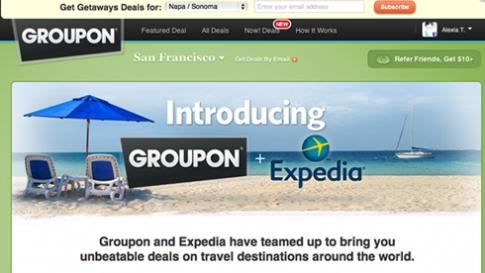


It relaxed some of the rules on what and how a business can sell through Groupon, and gave them new tools for doing things that look a lot less like flashy coupons. Groupon has been working with merchants for months to try to make repeat buying work. Groupon was the place to discover new things, not a way to get better deals at the places you already know. That would once have been anathema to Groupon's entire purpose, and the platform wouldn't even allow it. It's also improving search and rankings to make things easier to find.īut the most significant change, at least in terms of Groupon's whole reason for existence, is the app's new tools for quickly buying deals you've already bought. Groupon is redesigning its app to offer more personalization, as the company begins to invest in machine learning to help figure out what users might want to do and buy in a more detailed way. Groupon estimates that people have about 80 "Grouponable" moments a year, CTO John Higginson said, and right now only buy a few of them on Groupon. To be the place users go not just to splurge on a massage on vacation, but to hire their house cleaners and book all their workout classes. Not just to get back to where it was, but to make a crucial and complicated switch from daily-deals site to an all-in-one platform for local experiences. As COVID-19 forced people to retreat into their homes, the market dried up.īut the world is beginning to reemerge, and Groupon seems to sense an opportunity. Which isn't terribly surprising, given that the company makes money by helping local businesses sell things like massages, manicures, escape rooms and housework.


 0 kommentar(er)
0 kommentar(er)
